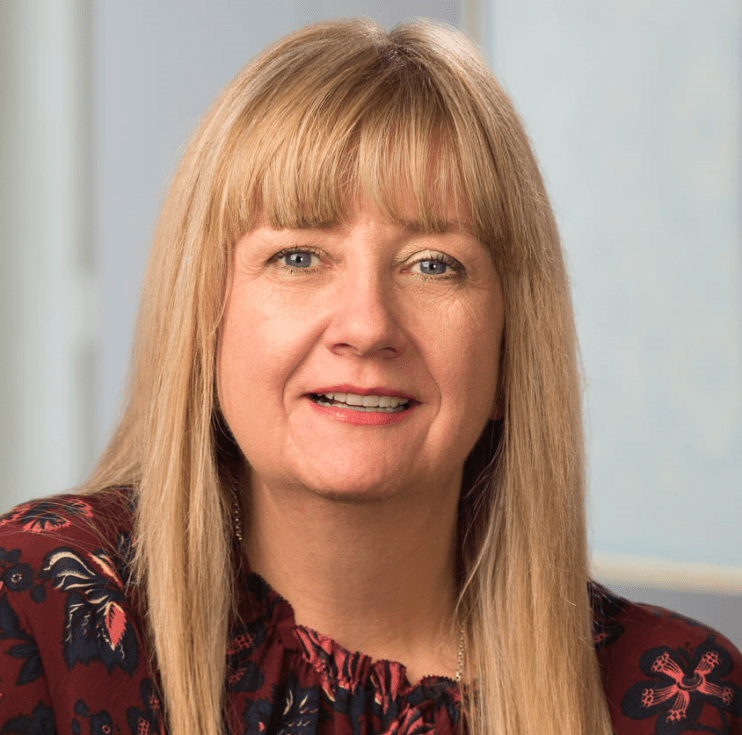Women of the City: Joanne Hannaford at Goldman Sachs

In this series, City A.M. zooms in on a range of successful women in the Square Mile, some being movers and shakers in their respective fields – rule makers, not rule takers – while others are rising stars worth keeping an eye on.
Today: Joanne Hannaford, head of engineering in EMEA and head of regulatory and business services globally at Goldman Sachs.
Hannaford has been at Goldman Sachs for 23 years, and served in a number of roles in technology both in New York and London. She is a member of the banking giant’s inclusion and diversity committee in EMEA, and an active board member of the Women in Science and Engineering organisation.
Moreover, Hannaford chairs the Bank of England CIO Forum and serves on the UK Government Digital Service Advisory Board. Most recently, she won HSBC’s Award for Achievement, awarded by industry group Women in Banking & Finance.
City A.M.: What are you most proud of in your career?
Hannaford: I have had a very fulfilling career, working in countless teams and roles across the world. The role of technology in the banking industry, as well as in the work place, has shifted exponentially over the past 23 years, and I attribute my long career to my ability to adapt and evolve during this time.
The coronavirus pandemic has demonstrated only too clearly how important it is for us to be agile, embrace new working practices and seek out opportunities to disrupt and innovate
Who are your role models?
My role models have always been my older sister and mother. My mother recently died of coronavirus and I feel like I have lost a limb. She taught me that there are bad times, but that these never last and it is important to just keep going; she grew up during the Blitz and I think this gave her a unique perspective. She used to say to me, “You don’t have to look very far to find people that need our help,” and I try to embody that every day.
You funded Oxford University’s ‘GoGirl’ programme, an outreach project that trained 150 girls from disadvantaged backgrounds how to code. Tell us more.
The ‘Go Girl’ programme is such an exciting and impactful initiative. A few years ago, we realised that there were many young women from disadvantaged backgrounds living in Oxford’s suburbs not accessing or aspiring to higher education, and subsequently not applying to study Oxford University.
The ‘Go_Girl’ programme was implemented to change this through the medium of technology – participants were asked to explore the experiences of women at Oxford University through the ages and the challenges that they faced and overcame, tell these stories, as well as their own, via short videos on their mobile phones, and learn how to program in order to develop mobile applications to present these videos.
The project helped the young women to develop skills in research, presenting and coding, which, in turn, enabled them to enter the job market, explore further study opportunities and even pursue careers in technology. Women still make up such a small number of professionals in STEM industries, and this project is one of many that seeks to level the playing field.
What single thing should schools be doing to encourage girls into STEM careers?
This question is really answered by investing in reskilling teachers so that they can teach computing. I was introduced to computing in the 1980s by my maths teacher, who was coming up to retirement yet decided to retrain to be able to teach O-Level Computer Science! It makes me think whether this is more or less likely to happen now? It’s certainly why we partner with STEM Learning – they invest in the professional and technical development of teachers in order to drive more consistent, impactful STEM teaching across the UK.